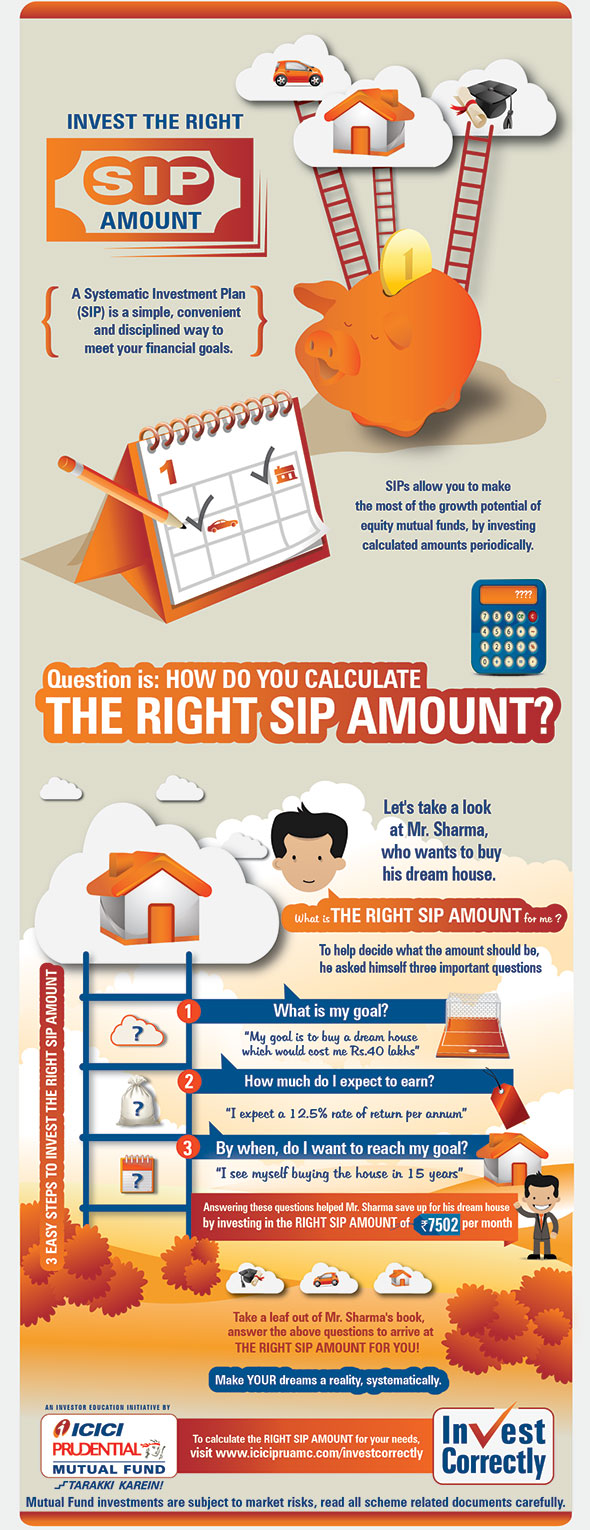Just How To Get The Surety Bonds?
Just How To Get The Surety Bonds?
Blog Article
Authored by-Driscoll Webb
A guaranty bond is a kind of insurance policy that safeguards individuals that need it. They can be made use of for several points, such as business licenses and construction tasks.
When a contractor or business requires to get a bond, they have to send a quick type application and also details regarding the project and also its requirements. The experts at the surety firm will certainly then evaluate the details to see if they believe the applicant deserves the bond.
Building Bonds
Building and construction bonds are utilized when a job proprietor wants economic defense during a building and construction process. linked web site shield the project proprietor (additionally referred to as the obligee) from losing cash if a contractor does not finish the task in the manner in which it was agreed upon.
The primary kinds of construction bonds are quote, performance as well as settlement. Proposal bonds assure the professional will certainly recognize their initial bid amount when they become part of the agreement.
These bonds additionally guarantee that providers, subcontractors and also laborers are spent for their services. If a contractor falls short to pay these celebrations, they can file a claim versus their surety bond to recoup the money that is owed.
Specialist Bonds
Service provider Bonds are among one of the most crucial sorts of guaranty bonds. They are made use of to protect customers, specialists, and financiers from losses on building projects.
Visit Home Page make certain that jobs are finished in a timely manner as well as within spending plan, while minimizing the danger of pricey delays as well as cost overruns. They likewise allow the project owner to recover damages if they incur economic loss due to specialist mistakes or negligence.
A surety firm supplies a guaranty bond to the obligee (the task owner). If the professional fails to perform its obligations under the agreement, the surety company will discover one more contractor to finish the work and make up the proprietor for the financial losses incurred.
Court Bonds
Court Bonds are made use of in a selection of court procedures to secure one party from possible loss as a result of the result of the case. They can consist of allure bonds, lis pendens bonds, injunction bonds, expense sureties, manager bonds and also even more.
Both primary sorts of court bonds are judicial bonds and also fiduciary bonds. Judicial bonds ensure that someone will pay the judgment amount that a court awards in a specific case, while fiduciary bonds promise faithful and honest efficiency of obligations by an individual selected to care for or handle another person's building or assets.
Court bonds are also needed to make sure that a sheriff or marshal will certainly not take or remove property from a defendant's residence without initial submitting an attachment bond in lieu of a judgment. They likewise ensure that a complainant will be made restitution in the event of an add-on being filed against them.
Probate Bonds
Probate Bonds are utilized by executors as well as managers to guarantee that estate possessions will be appropriately dispersed as well as handled according to the legislation. They likewise secure beneficiaries from any type of monetary loss they may have maintained due to the administrator's actions.
The personal rep of an estate is usually required to acquire a probate bond prior to being designated by the court as the executor or manager. This is a genuine cost that the fiduciary can repay himself utilizing estate funds as quickly as the probate process is finished and the estate closed.
Quote Bond Performance Bonds
Quote Bonds are used on building projects to shield job proprietors from shedding cash if a service provider fails to satisfy the regards to their proposal and agreement. These bonds are required for federal and state projects, as well as lots of personal ones also.
They work in combination with efficiency and repayment bonds as well as help protect against liens that can affect a job owner. They are especially usual on government-funded jobs of $100,000 or more.
